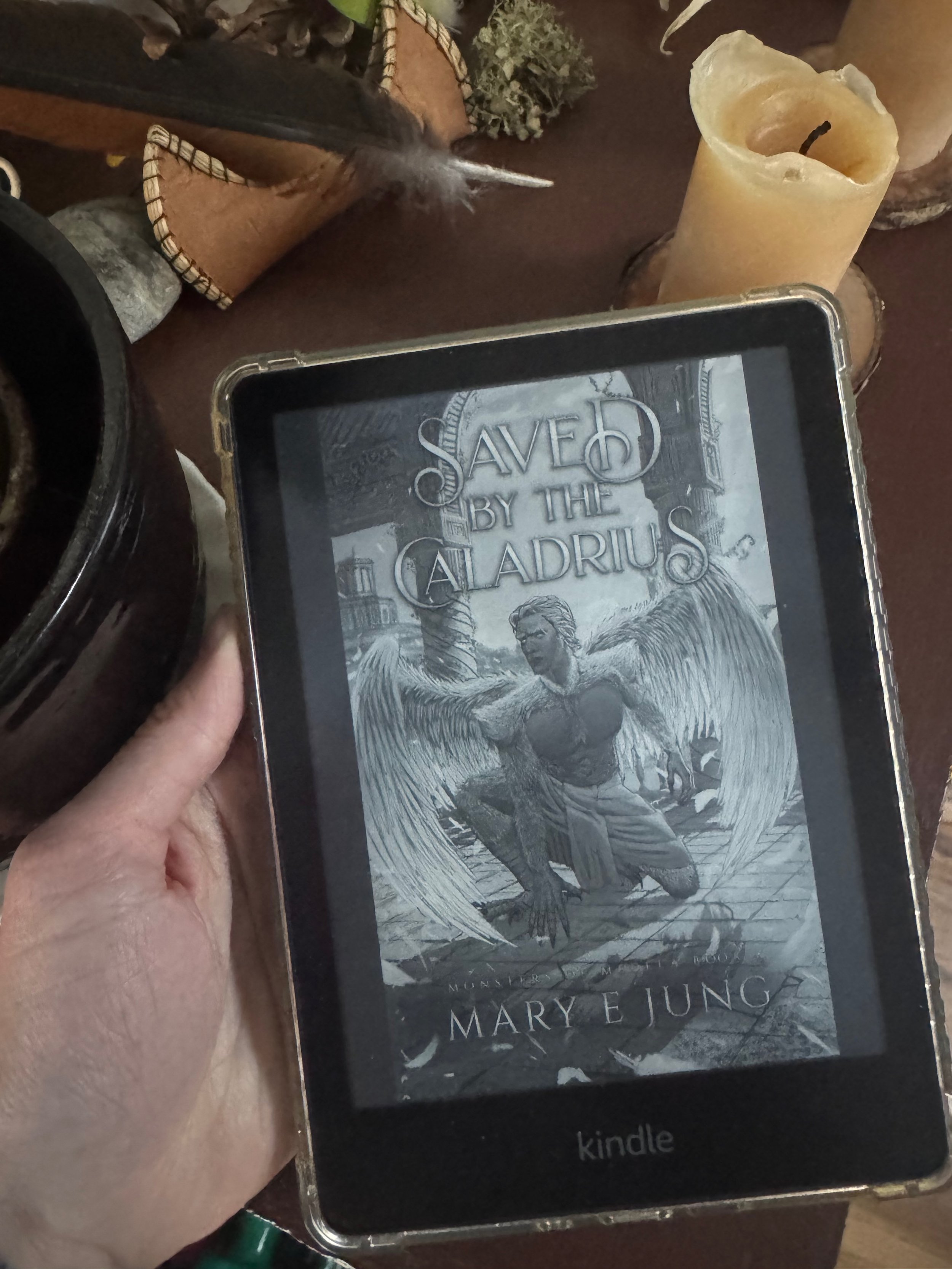The Double Standards Around Women Writers: Prose, Smut, and the Battle for Respect
Let’s talk about the ongoing (and exhausting) double standards in the publishing world when it comes to women writers. If you’ve spent any time in the book-related corners of the internet, you’ve probably noticed a frustrating trend: when men write fantasy, it’s an epic. When women write fantasy, it’s “dragon smut” and “not real literature.” If a man writes a tale of love and loss, it’s literary fiction. If a woman does it, it’s just another romance novel. And heaven forbid a woman actually enjoy writing about love, passion, and magic—because suddenly, it’s not “serious” literature anymore.
The Romance Problem
Romance is the highest-grossing genre in publishing. That’s not an exaggeration—it outsells every other category by a lot (Romance sells about $1.44 BILLION annually. The next highest grossing genre comes in at $728 million). And yet, despite its massive popularity, it’s the most ridiculed. Why? Because it’s mostly written by and for women.
There’s a long history of dismissing things that bring women joy, from pop music to fandom culture, and romance novels have been caught in the crossfire for decades. If a book centers around love, relationships, and—gasp—emotion, it’s often written off as fluff. But when men write about love, suddenly it’s profound. Nicholas Sparks? Bestsellers and movie deals. Rebecca Yarros or Abby Jimenez? “Oh, she just writes those trashy love stories.” Same themes, same emotions, wildly different levels of respect.
The Fantasy Divide
Fantasy is another battlefield. A male author can write about dragons, elves, and magical realms, and it’s automatically taken seriously. Think Tolkien, Sanderson, Martin—all pillars of the genre. But when a woman writes fantasy, people suddenly start questioning whether it “counts.” And if there’s even a hint of romance? Well, now it’s not real fantasy—it’s just dragon smut.
Never mind that fantasy has always included love stories. Never mind that some of the most beloved epic fantasy novels contain strong romantic subplots. If a woman writes it, the book is seen as indulgent rather than imaginative. Female authors constantly have to prove their work belongs in the genre.
The “Guilty Pleasure” Label
Romantasy—a blend of romance and fantasy—is currently taking the book world by storm. Readers love it. It’s fun, emotional, and full of adventure. But instead of being recognized as an exciting genre, it’s often brushed off as a “guilty pleasure.” (Why guilty? No one shames readers for devouring action-packed thrillers or high-stakes sci-fi. Ridiculous.)
This isn’t to say male authors don’t face criticism, but the language used around their work is telling. A man’s book might be “ambitious but flawed.” A woman’s book is “derivative and infantile.” A male writer’s prose is “lyrical,” but a woman’s is “flowery.” Even book covers play into this—men’s books get bold fonts and dark imagery, while women’s books often get soft, cursive titles and pastel covers, even when the content inside is just as intense and action-packed.
Taking Women Writers Seriously
Women have been shaping literature for centuries, and their work deserves the same respect as their male counterparts. Jane Austen, Mary Shelley, Toni Morrison—these writers paved the way for the stories we love today, and yet the industry still struggles to take women seriously, especially in genres like romance and fantasy.
So, let’s push back. Read what you love, and don’t apologize for it. Romance is valid. Romantasy is valid. Women writing about dragons, love, magic, or all of the above deserve the same recognition as anyone else. At the end of the day, a great story is a great story—no matter who writes it.




